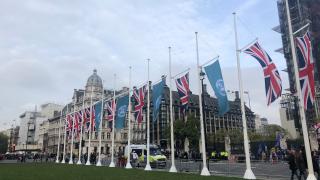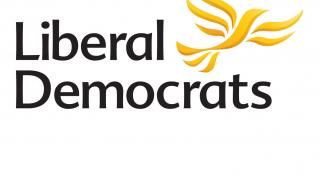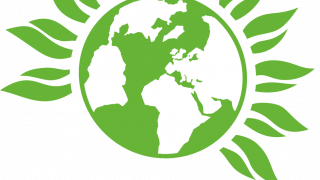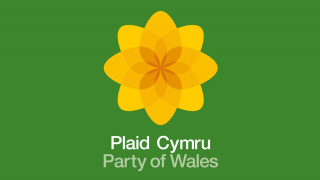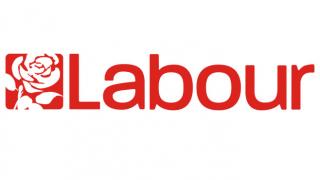
UNA-UK has written to all major UK political parties and asked: what would your Party’s priorities be at the UN and how will you inspire the UK electorate on this agenda?
By shedding light on the approaches taken by different parties we hope to contribute to an informed national conversation on foreign policy, and help raise awareness of the ways in which the international system delivers benefits to British citizens.
Read more on this initiative and read other parties' 2019 statements
The Labour Party’s priorities at the UN and how they will inspire the UK electorate on this agenda:
"Internationalism is at the core of the Labour movement. The ‘New Internationalism’ section of our manifesto puts forward a comprehensive programme to reset British foreign policy based on human rights and respect for international law. Nowhere is this more vital than in the UK’s role at the United Nations (UN) as a permanent member of Security Council. Labour has been unwavering its view that the UN and its institution must continue to take a leading role in developing global solutions for global problems.
A Labour government’s priorities at the UN will be to:
- Build support for UN reform, including assessing and developing democratisation initiatives, and improving the engagement of the General Assembly in decision-making to ensure its institutions are more effective at achieving peace.
- Draft and pass a robust and effective Security Council resolution for peace in Yemen.
- Secure justice and accountability for the hundreds of thousands of Rohingya Muslims who fled mass persecution and genocide in Myanmar.
- Through the creation of Labour’s new £1.7billion peace and conflict resolution, work with UN and its agencies to secure political settlements to critical conflicts.
In order to inspire the electorate, in government we will continue to work with organisations like the UNA, as well as other civil society groups to promote the work of the UN. We will also be transparent with parliament and the public about the UN’s work, and consider ways in which we can build knowledge of the UN and its agencies within our schools and civil society. "

